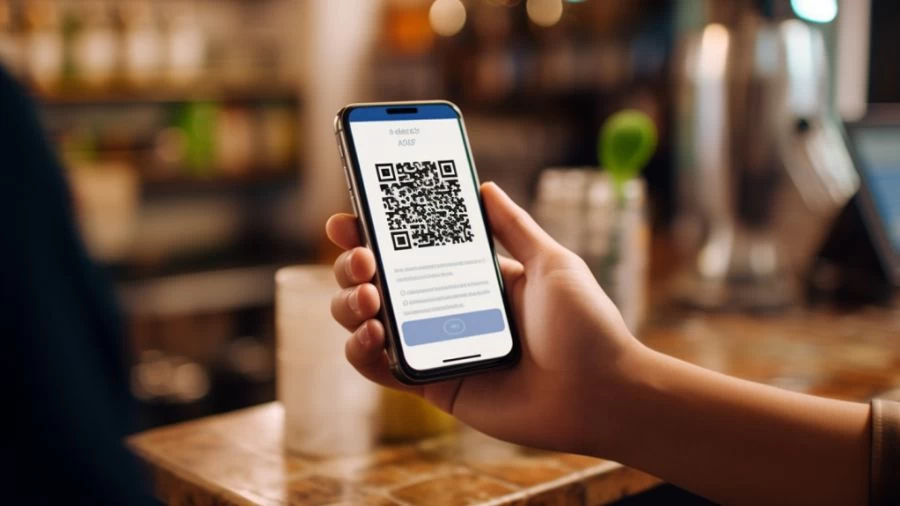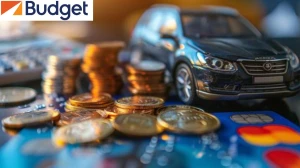
How Does A Cashless Society Affect Your Privacy?
As society embraces digital payment systems, privacy implications arise. A cashless society poses concerns about personal data security, as it can be susceptible to cyberattacks and unauthorized access.
Published Oct 31, 2023 | Updated Oct 31, 2023 | 📖 6 min read
How Does a Cashless Society Affect Your Privacy?
In a cashless society, the widespread use of digital payment systems and mobile wallets offers benefits such as increased financial inclusion and enhanced financial security. However, it also has the potential to affect our privacy in several ways. The collection of personal data, lack of transparency, and susceptibility to cyberattacks pose privacy concerns.
Additionally, the heightened monitoring of financial transactions, utilization of big data analytics, and sharing of personal information with third parties can challenge our privacy. It's important to understand these issues and take measures to safeguard our privacy in the evolving landscape of cashless transactions.
Enhanced Gathering of Private Information
Mobile wallet companies now collect a substantial amount of personal data, encompassing our names, addresses, phone numbers, email addresses, spending patterns, and financial details. This increased data collection poses a threat to our privacy. Companies can leverage this information for tailored advertising and promotions, and they may also share our data with external parties.
As a result, the more data we share with these companies, the more our privacy becomes vulnerable, underscoring the need for vigilance in safeguarding our personal information in the digital age.
Excessive Surveillance
The move towards a cashless society, while offering convenience, raises significant concerns about excessive surveillance. In such a society, every financial transaction, from daily expenses to occasional eBay sales or family loans, is meticulously documented, creating an extensive data trail accessible to banks, authorities, and potentially unauthorized parties.
This heightened level of scrutiny encroaches on our privacy and personal autonomy. While the intention may be to combat fraud, financial crime, and tax evasion, it comes at the cost of individual freedom. Government agencies, like HMRC, are employing advanced surveillance systems to monitor citizens' financial activities, analyzing spending habits using data from various sources, including social media.
Striking the right balance between surveillance for security and the preservation of individual liberties is crucial in ensuring that the shift to a cashless society doesn't erode our right to privacy and personal autonomy.
Susceptibility to Cyber Intrusions
As we increasingly depend on digital payment systems, our exposure to cyberattacks grows. These systems store our financial details and personal data, providing cybercriminals with a treasure trove of information to exploit.
In recent years, there have been several data breaches across globe, putting consumers' financial information and personal data in jeopardy. This susceptibility to cyber intrusions underscores the importance of robust cybersecurity measures and vigilance in protecting our digital financial transactions to mitigate the risks associated with a cashless society.
Observation of Financial Transactions
The widespread use of digital payment systems has made it more convenient for governments and financial institutions to observe financial transactions. While this increased monitoring can serve legitimate purposes, such as preventing financial crimes, it also raises concerns about the invasion of our privacy.
Our spending patterns and financial details are exposed, potentially falling into the wrong hands and being exploited for malicious purposes. This highlights the importance of striking a balance between surveillance for security and safeguarding individual privacy in an increasingly cashless society.
Utilization of Big Data Analysis
Marketing companies are increasingly harnessing big data analytics to monitor consumer spending habits and financial data, enabling them to tailor personalized advertisements and promotions.
However, this practice raises concerns about privacy, as this information can also be shared with third parties, heightening the risks to our personal data. As we engage in cashless transactions, it's essential to be aware of the potential consequences of big data analysis and take measures to protect our privacy in this data-driven landscape.
Dissemination of Personal Data to External Entities
Numerous mobile wallet companies have established data-sharing agreements with external entities, permitting them to disseminate our personal information to third parties. This sharing can encompass a range of sensitive data, including financial details and spending patterns, which can potentially be exploited for malicious purposes.
As we engage in cashless transactions, it is crucial to be cautious about the data-sharing practices of these companies and take steps to protect our personal information from falling into the wrong hands.
Monitoring of Expenditure Patterns
Retail stores are increasingly monitoring consumer spending patterns through the tracking of transactions made via digital payment systems. This data is then employed to customize advertisements and promotions targeted at individuals.
Moreover, it can also be shared with external parties, raising concerns about the privacy of our financial information and spending habits. As we transition to a cashless society, it is vital to be mindful of the potential consequences of such monitoring and take measures to safeguard our personal data.
Exposure to Identity Theft Threats
The risk of identity theft has grown as financial information and personal data are stored on digital payment systems. Cybercriminals can exploit this information to pilfer money from our accounts, initiate loans in our names, and conduct other nefarious activities that can severely affect our privacy and financial security.
As we embrace a cashless society, it is crucial to be vigilant in protecting our personal data and financial information to mitigate the risks associated with identity theft.
Restricted Authority Over Private Information
Upon sharing personal data with digital payment systems, we frequently find ourselves with limited control over the utilization of that information. The terms and conditions of these systems can be lengthy, intricate, and challenging to comprehend, creating a challenge for consumers to fully grasp what they are consenting to when they register.
This lack of control over our private information in the realm of digital payments underscores the importance of transparency and user-friendly terms and conditions to empower individuals to make informed decisions about their privacy and data security.
Challenges in Enforcing Data Privacy Regulations
The rapid growth of digital payment systems has posed a challenge for governments to keep pace with regulatory measures. Consequently, there is often a lack of well-defined regulations to oversee the use of personal data collected by these companies, leaving consumers with limited visibility into how their information is being employed and few avenues for safeguarding their privacy.
This underscores the need for governments to adapt and establish robust data privacy regulations that address the evolving landscape of digital payments while ensuring the protection of individual privacy.
How Does a Cashless Society Affect Your Privacy - FAQs
1. How does a cashless society affect personal data security?
A cashless society raises concerns about the security of personal data, which can be vulnerable to cyberattacks and unauthorized access.
2. Can digital payment systems monitor my spending habits?
Yes, digital payment systems can track and monitor your spending patterns, potentially leading to personalized advertisements and promotions.
3. Is my personal information shared with third parties in a cashless society?
Yes, many digital payment companies have data-sharing agreements with third parties, which may include sharing sensitive personal information.
4. Are there regulations in place to protect data privacy in a cashless society?
Regulatory measures for data privacy in a cashless society are often insufficient and evolving, leaving room for privacy challenges.
5. What can individuals do to protect their privacy in a cashless society?
Individuals can take proactive steps such as reading terms and conditions, using strong passwords, and regularly monitoring their financial accounts to safeguard their privacy in a cashless society.




